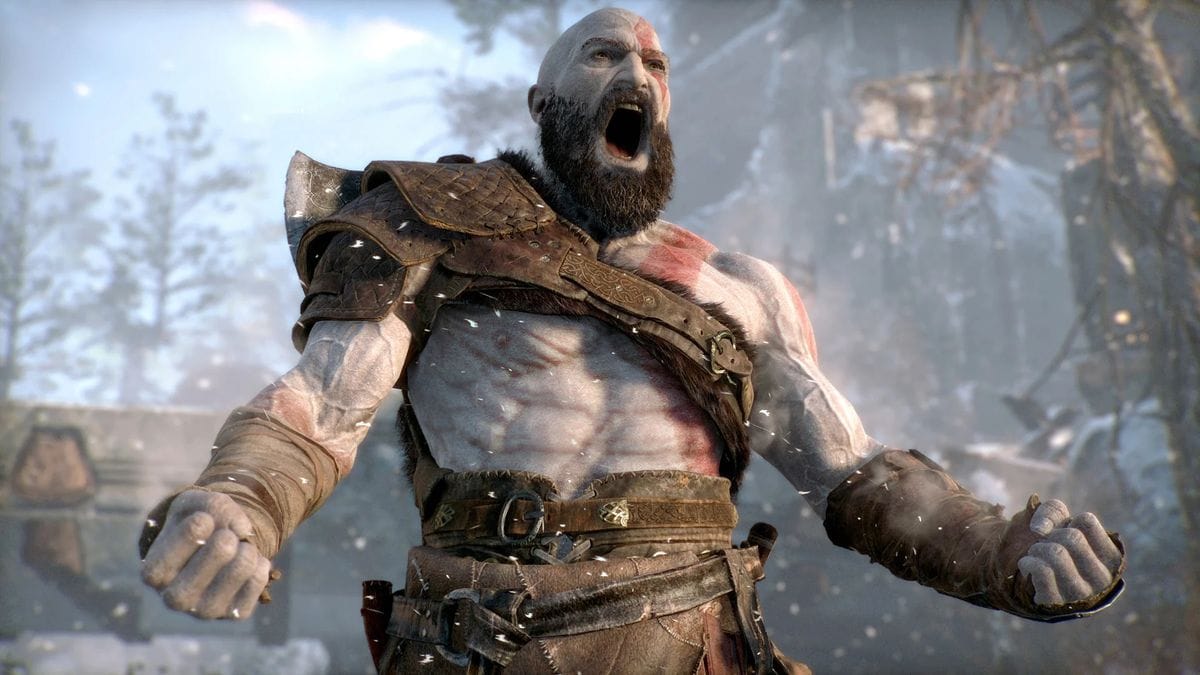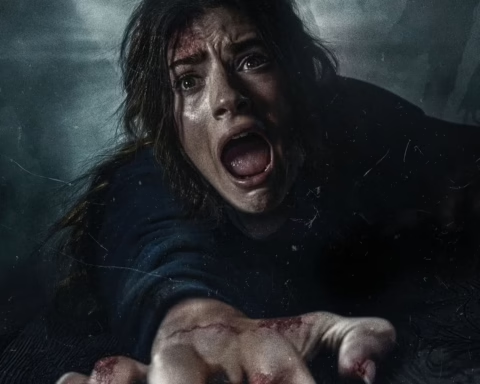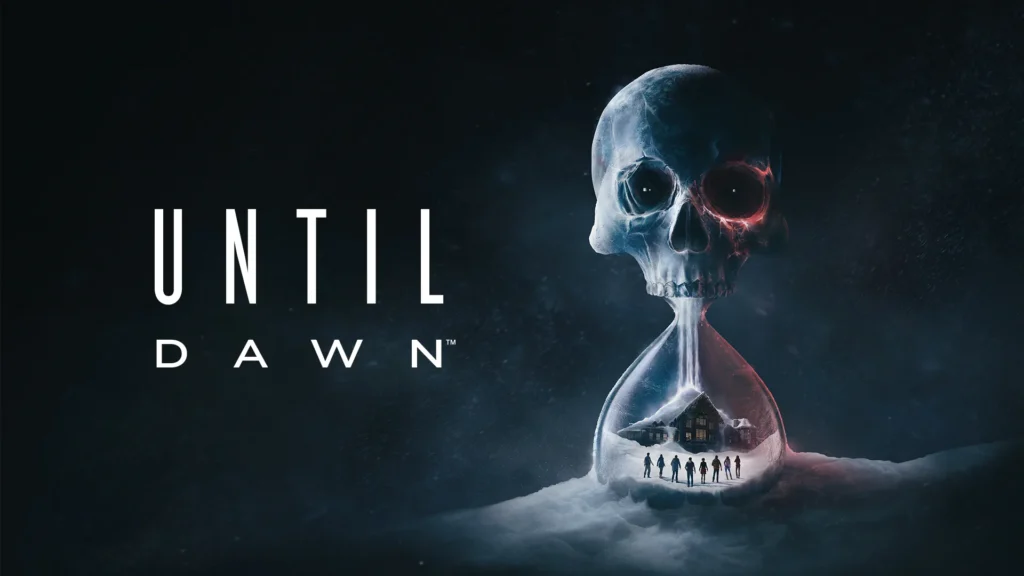The God of War franchise has established itself as one of the most significant and influential series in the gaming industry since its inception in 2005 by Santa Monica Studio. The series is renowned for its captivating storytelling, intricate character development, and dynamic gameplay, all of which have contributed to its enduring popularity. The protagonist of the series, Kratos, is a mythic figure defined by his relentless pursuit of vengeance and complex emotional landscape, allowing players to immerse themselves fully in his journey.
From its initial release, God of War challenged conventional expectations of action-adventure games. The narrative is rooted in Greek mythology, presenting Kratos as a Spartan warrior seeking revenge against the gods who betrayed him. The distinct approach of merging mythological lore with a compelling personal story set God of War apart from its contemporaries, creating an emotional depth often lacking in other titles of the era. The franchise expertly intertwines themes of sacrifice, regret, and redemption, making it both a thrilling and thought-provoking experience for players.

The original game established a framework of gameplay mechanics that included brutal combat, puzzle-solving, and exploration, features that would become hallmarks of the series. Its cinematic presentation, characterized by impressive visuals and meticulous attention to detail, further propelled the game into the spotlight, garnering numerous awards and a dedicated fanbase. As Kratos navigated the treacherous world of gods and monsters, players were treated to a unique narrative style that blended action with deep storytelling, setting the stage for the game’s evolution across various sequels and spin-offs.
Overall, the God of War franchise not only highlights innovative gameplay but also showcases an unparalleled narrative style that has left a lasting impact on the gaming landscape. As we delve further into the evolution of this iconic series, it becomes evident how it has continued to adapt and resonate with audiences globally, transforming from a title steeped in Greek mythology to a profound exploration of Norse legends.
The Original Game: God of War (2005)
Launched in March 2005, the original God of War heralded a new era in the action-adventure genre, boasting innovative gameplay mechanics and a compelling narrative steeped in Greek mythology. Developed by Santa Monica Studio, the game centers around Kratos, a Spartan warrior tormented by his past and seeking revenge against Ares, the God of War. The rich storyline, interwoven with themes of vengeance, redemption, and the consequences of one’s actions, sets the stage for a profound character journey that resonates with players.
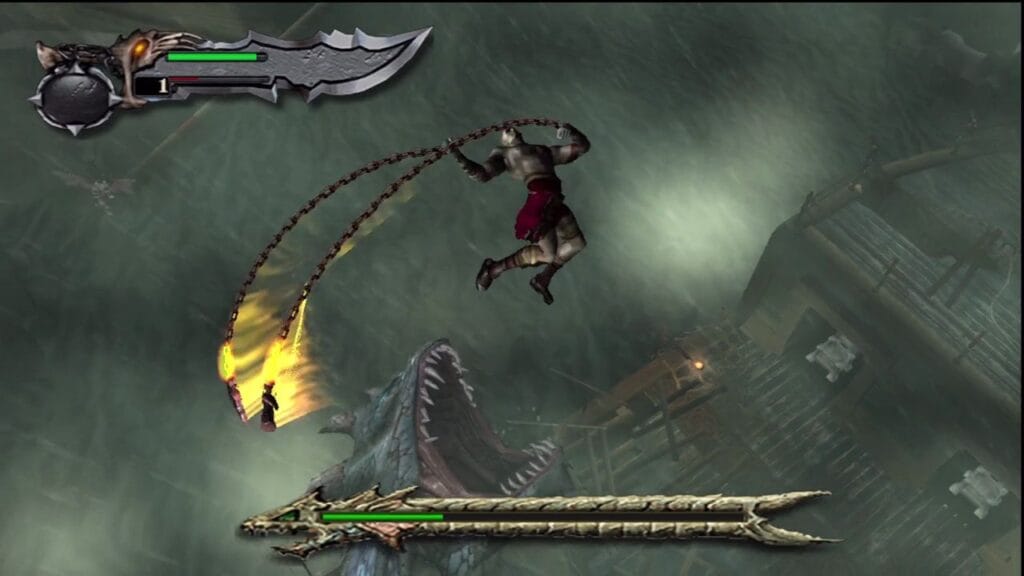
One of the most notable aspects of God of War is its unique combat system. The game introduced players to a seamless blend of brutal melee warfare and strategic puzzle-solving, creating an immersive experience that challenged both reflexes and intellect. Using the iconic Blades of Chaos, players executed fluid combos and devastating attacks while confronting formidable enemies drawn from the annals of mythology. This interplay between combat and puzzles showcased the developers’ commitment to crafting an engaging gameplay experience.
The atmospheric visuals, enriched by dynamic camera angles and stunning environments, captivated audiences. Each locale, from the depths of Hades to the majestic Mount Olympus, was meticulously designed, enhancing the game’s storytelling. The incorporation of quick-time events added an interactive layer, allowing players to partake in pivotal moments of the narrative, further immersing them in Kratos’ harrowing journey.
God of War’s influence extends beyond its immediate success, as it established key gameplay elements and narrative techniques that future entries in the franchise would build upon. This game not only laid the groundwork for sequels but also redefined expectations within the action-adventure genre. Its lasting impact on video game culture continues to be felt, illustrating the power of engaging storytelling intertwined with dynamic gameplay mechanics.
Sequels and Spin-offs: Expanding the Universe
The release of the original God of War in 2005 laid the groundwork for what would become one of the most acclaimed video game franchises in history. Following its success, Sony Santa Monica Studio and their talented team embarked on creating sequels and spin-offs that not only expanded the narrative universe but also enriched the character of Kratos. The first main sequel, God of War II, released in 2007, continued to explore themes of vengeance, betrayal, and redemption, while showcasing improved gameplay mechanics and graphics. The introduction of new gods and mythological figures provided deeper insight into Kratos’s motivations and the consequences of his rage.
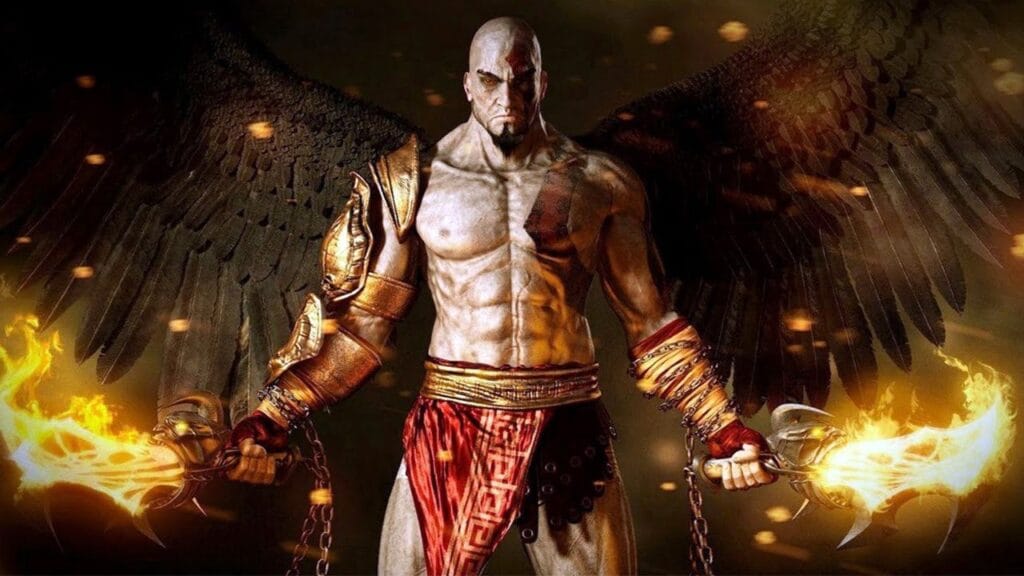
God of War III, released in 2010, pushed the boundaries of the franchise further, offering players a climactic conclusion to Kratos’s vendetta against the gods of Olympus. The game featured groundbreaking visuals and set pieces, marking a significant technical achievement in the gaming industry. It delved into the complex relationships between Kratos, Zeus, and the other deities, allowing players to witness the depth of his struggle for freedom and the relentless pursuit of vengeance.
In addition to the mainline titles, the God of War franchise expanded with spin-off games such as Chains of Olympus and Ghost of Sparta, which were released on the PlayStation Portable. These titles expertly filled in the backstory of Kratos and provided a richer context to the events of the main games. For instance, Chains of Olympus explored Kratos’s servitude to the gods and his desperate bid for redemption, while Ghost of Sparta offered insight into his past, notably his relationship with his family. Through these sequels and spin-offs, the franchise not only built upon its established lore but also enhanced player engagement, highlighting the eternal conflict of Kratos against fate and his own inner demons.
God of War (2018): A New Direction
The release of God of War in 2018 marked a pivotal moment in the franchise’s illustrious history. This installment introduced a dramatic shift in tone and gameplay, steering away from the series’ traditional roots while maintaining the core tenets that fans know and love. One of the most significant innovations was the introduction of Kratos’s son, Atreus, which added emotional depth and complexity to the narrative. The father-son dynamic allowed for a richer storytelling experience, engaging players in a more personal journey amidst the backdrop of Norse mythology.
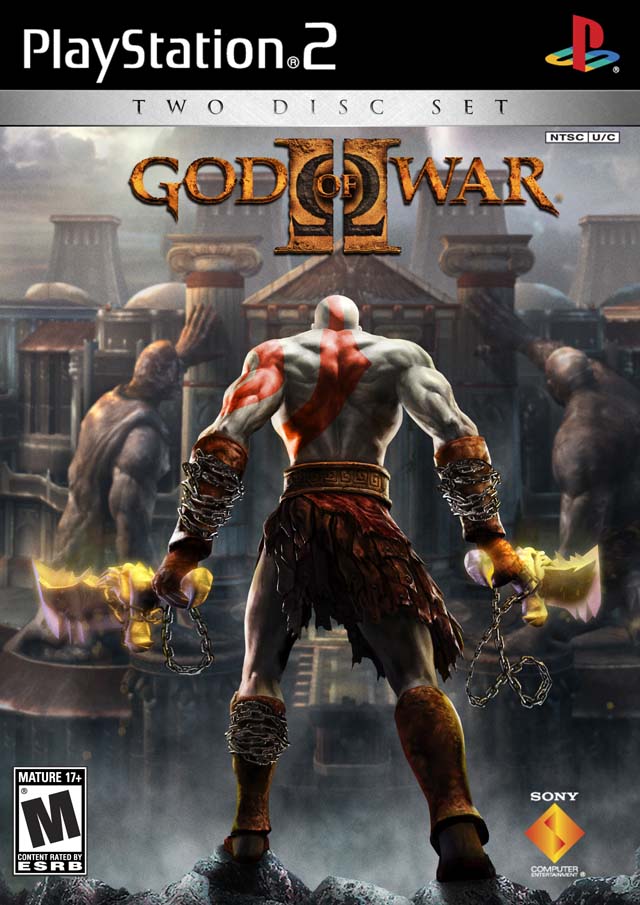
The move to Norse mythology was a critical aspect of this reimagining. By exploring new mythological themes and characters, the developers breathed fresh life into the God of War franchise. This transition not only broadened the scope of the narrative but also enabled deeper exploration of themes such as loss, redemption, and the complexities of parenthood. The choice of setting opened up a different cultural perspective, allowing players to encounter new beings and confront new mythological challenges that diverged markedly from the Greek pantheon encountered in earlier titles.
Innovative gameplay mechanics further distinguished God of War (2018) from its predecessors. The shift to an over-the-shoulder camera perspective created a more immersive experience, allowing players to experience the world from Kratos’s point of view. The combat system was reworked to emphasize skill and strategy over pure button-mashing. This included the introduction of the Leviathan Axe, which players could throw and recall, offering a new approach to both combat and puzzle-solving. Additionally, the RPG elements incorporated incremental character progression, giving players the opportunity to tailor Kratos and Atreus’s abilities to fit their play style. Overall, this installment laid the groundwork for an evolved narrative and gameplay experience that resonated with both long-time fans and newcomers alike.
Gameplay Mechanics: Evolution Over Time
The God of War franchise has undergone a significant evolution in gameplay mechanics since its inception in 2005. The original game introduced players to a fast-paced, hack-and-slash combat system, where players controlled Kratos in his quest for revenge against the gods. The combat was characterized by a combo-based system and the iconic Blades of Chaos, allowing for a visceral experience. However, as the series progressed, developers recognized the need to enhance the gameplay to meet contemporary gaming standards and player expectations.
With the release of God of War II, the combat system saw improvements with the introduction of new weapons, magic abilities, and greater enemy variety. The addition of puzzle-solving elements engaged players further, requiring strategic thinking alongside combat prowess. In God of War III, the gameplay reached new heights, showcasing elaborate set pieces and epic boss battles, elevating the immersive experience.
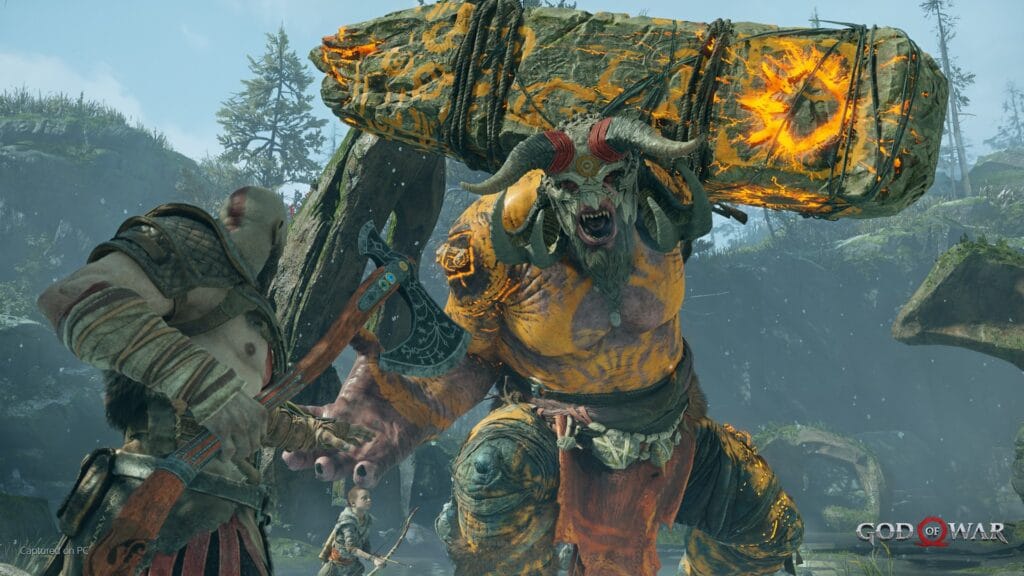
The transition to God of War (2018) marked a significant departure from the previous titles. This installment revamped the combat mechanics with a more deliberate and weighted feel, emphasizing player skill and timing. The introduction of a single-camera perspective allowed for a more intimate portrayal of Kratos and Atreus’s relationship, enhancing environmental interaction. The game also introduced RPG elements, such as character upgrades and gear customization, leading to a more personalized gaming experience.
The evolution of puzzle-solving within the series is noteworthy; earlier games presented simplistic environmental puzzles, while the latest title featured intricate challenges that seamlessly integrated with the narrative. This transformation showcases the franchise’s commitment to enhancing player engagement and satisfaction. As the God of War series continues to evolve, it adapts to changing gaming trends and player expectations, ensuring its relevance in an ever-changing industry.
Narrative Themes and Character Arcs
The God of War franchise stands out not only for its engaging gameplay but also for its profound narrative themes and complex character arcs. Central to its story is the theme of vengeance, which is deeply intertwined with the protagonist Kratos’s journey. Initially introduced as a brutal warrior seeking revenge against the gods who have wronged him, Kratos epitomizes a relentless pursuit of retribution. This theme resonates with players as it taps into universal feelings of anger and the desire for justice. However, as the series progresses, the notion of vengeance evolves, giving way to deeper reflections on the consequences of one’s actions.
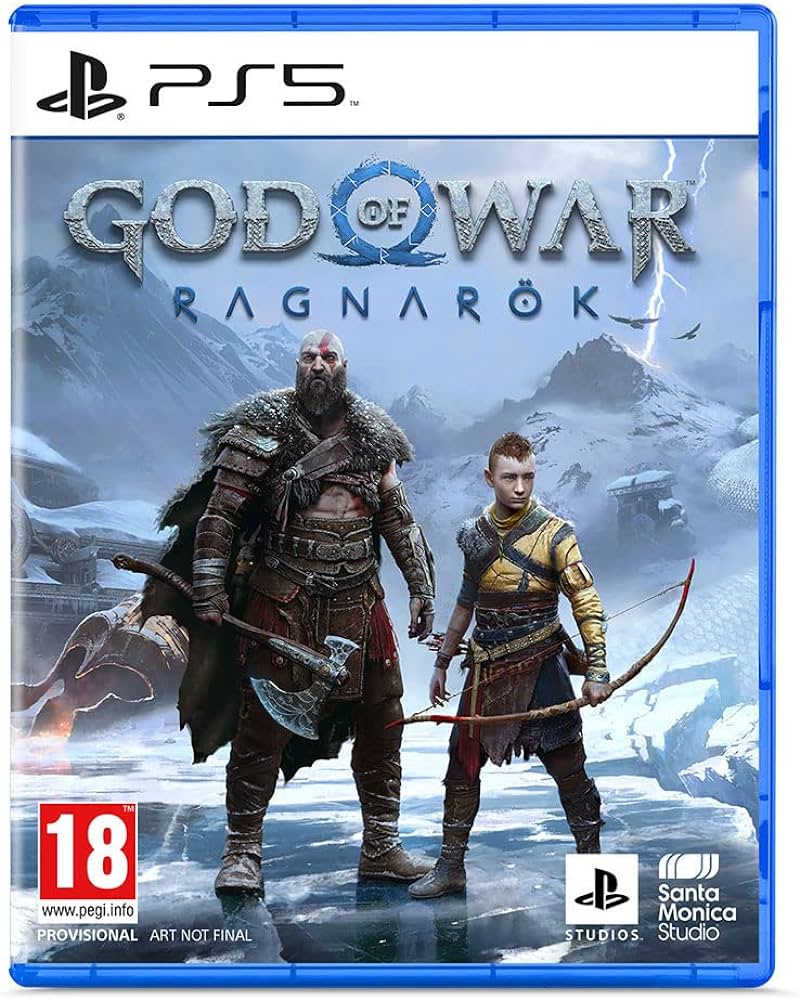
Another prominent theme in the series is redemption. Kratos’s character development is intricately linked to his quest for forgiveness, not only from those he has harmed but also from himself. The narrative explores how one’s past actions can haunt them and the lengths one might go to seek redemption. In later installments, particularly with the introduction of his son, Atreus, players witness Kratos striving to break the cycle of violence that has defined his existence. This relationship introduces themes of parenthood and the struggle to protect one’s offspring from the mistakes of the past, thus humanizing the character and providing a poignant exploration of fatherhood.
The evolution of Kratos’s character arcs serves as a measuring stick for the franchise’s narrative sophistication. From a one-dimensional, rage-filled warrior to a more nuanced figure grappling with his past and responsibilities as a parent, Kratos embodies the complexities of growth. Players are drawn to his journey not merely because of the action but also due to the emotional depth that accompanies his struggles. This blend of themes—vengeance, redemption, and the burden of parenthood—ensures that the God of War series resonates profoundly, appealing to both new players and long-time fans alike.
Visual and Artistic Progression
The God of War franchise has undergone a remarkable visual and artistic transformation since its inception in 2005. The initial title, developed by Santa Monica Studio, showcased a gritty and Greek-inspired aesthetic, characterized by vibrant colors and grand mythological landscapes. The graphics were quite advanced for its time, effectively capturing the brutal essence of Kratos’s journey, yet they were limited by the technological capabilities of the PlayStation 2. As the series transitioned to the PlayStation 3 with God of War III, the visual prowess extended exponentially. This sequel featured breathtaking graphics, detailed character models, and expansive environments that contributed to a more immersive gameplay experience.
The leap to high-definition graphics was not just a matter of improved pixel count; it also ushered in more refined animation techniques and particle effects, giving life to epic battles against iconic titans and gods. The art direction continued to evolve, emphasizing a darker and more atmospheric world, which resonated with both new and longtime fans. The use of light and shadow added depth, enhancing the storytelling aspect of the game.
With the release of God of War (2018), a complete visual overhaul was evident as the franchise transitioned into Norse mythology. The game employed an exaggerated level of detail in both character design and environmental aspects, breathing life into the frigid Nordic landscapes. The seamless integration of textures and advanced rendering techniques allowed for a stunning representation of the mythological world. This latest installment cleverly used a single camera shot throughout its entirety, which not only demonstrated technical brilliance but also enhanced the narrative’s immersion. Each title in the series illustrates how visual and artistic advancements have played a pivotal role in elevating the overall experience of God of War, creating an evolving tapestry of storytelling and gameplay that captivates audiences around the globe.
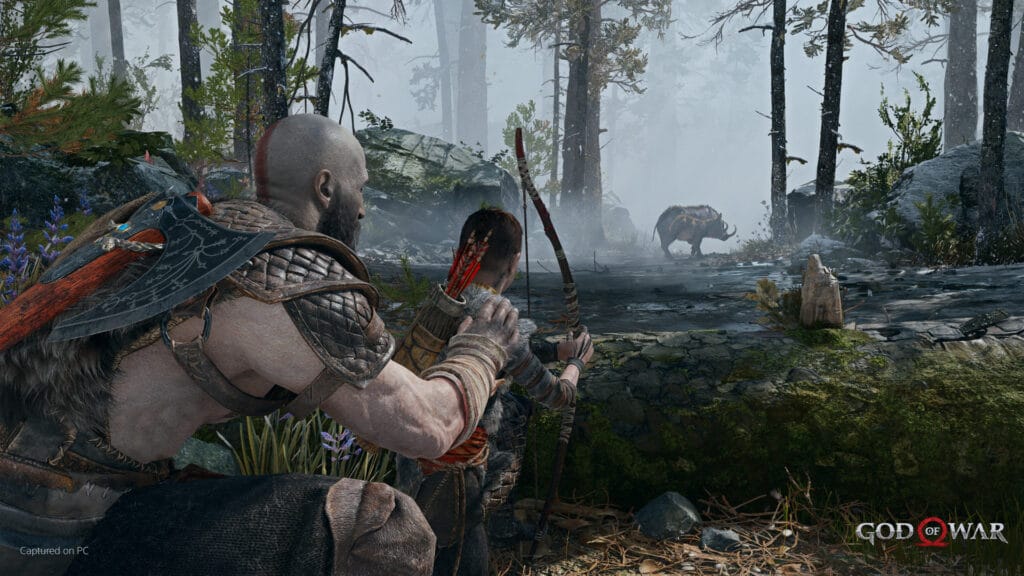
Cultural Impact and Legacy
The God of War franchise has indelibly impacted both the gaming landscape and popular culture since its inception in 2005. Emerging during a time when action-adventure games were striving to define themselves, God of War introduced a fresh perspective by weaving complex narratives with ancient mythology, facilitating an engaging experience for players. This unique blend inspired numerous titles that followed, encouraging developers to integrate storytelling elements alongside traditional gameplay. The franchise’s innovative mechanics, such as the fluid combat system and puzzle-solving elements, set new standards within the action-adventure genre.
Moreover, God of War has played a significant role in the broader representation of mythology in contemporary media. By skillfully adapting Greek and later Norse mythological narratives, the series has not only rekindled interest in ancient tales but has also contributed to a wider understanding of these narratives outside scholarly contexts. This adaptation reflects a broader cultural trend where mythological themes are increasingly explored in various media formats, including films and television shows, further demonstrating the franchise’s influential role. Such representation cultivates a greater appreciation for mythological storytelling among audiences today.
The critical reception of the God of War series has been overwhelmingly positive, with various entries earning numerous awards and accolades. Critics often laud its storytelling, character development, and art direction, highlighting how these elements elevate the gaming experience. Fan engagement with the franchise has also remained notably strong, leading to a dedicated community that celebrates its nuances, generating extensive discussion and fan-generated content. This ongoing dialogue illustrates the lasting emotional resonance the series has with its audience, solidifying its legacy in the world of video games.
As God of War continues to evolve, its cultural impact remains distinctly palpable. The franchise not only reshapes player experiences but also continues to influence future generations of developers and storytellers, forging connections between gaming and broader cultural narratives.
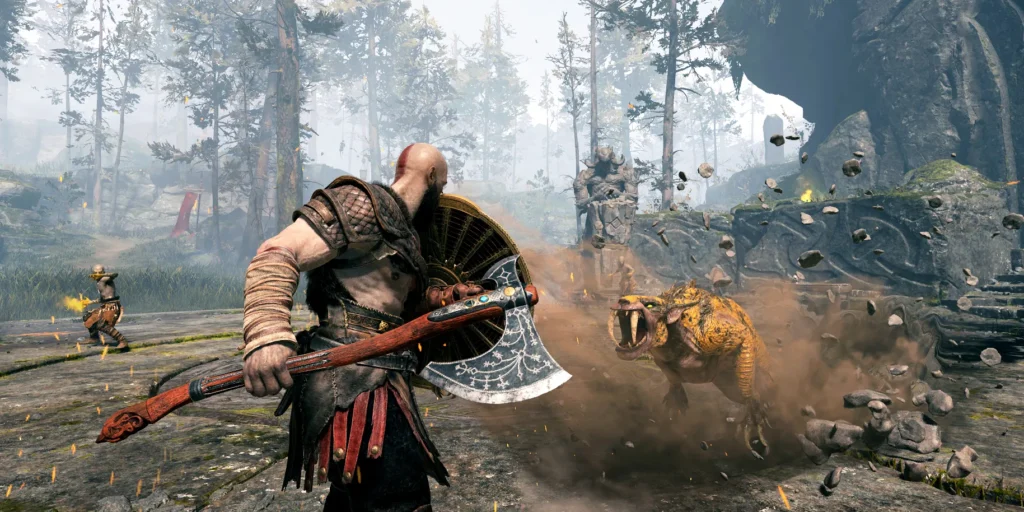
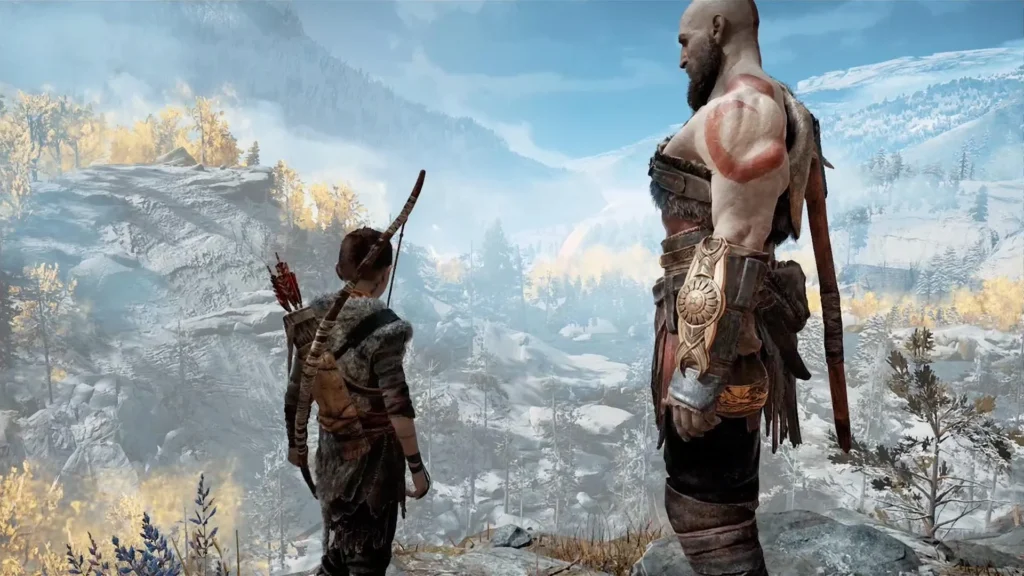
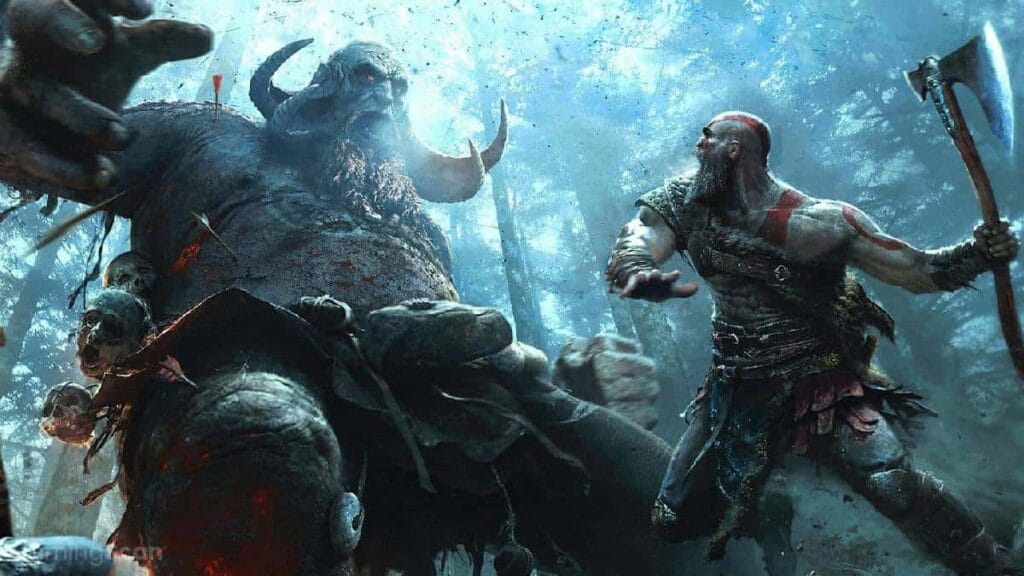
The Future of God of War
The God of War franchise has a storied history that has captivated gamers around the world. With its recent reimagining, there is heightened anticipation for what lies ahead. As the gaming industry continues to evolve, players are eager to see how the narrative and gameplay mechanics of God of War will adapt to meet the expectations of a modern audience. One area rife with potential is the exploration of new mythological realms. While Norse mythology has played a central role in the latest installments, a return to Greek mythos or an introduction to lesser-known mythological narratives could invigorate the series. This would not only diversify the storytelling but could also introduce a myriad of new characters and challenges for Kratos and Atreus.
In addition to new story arcs, advancements in gaming technology provide the opportunity for enhanced gameplay experiences. The introduction of next-generation consoles and the gradual adoption of virtual reality could substantially alter how players engage with the franchise. Imagine a fully immersive world where players could experience epic battles, quest-solving, and exploration in an unprecedented manner. Moreover, the current trend of live-service games might influence the design of future God of War titles. The incorporation of multiplayer elements, seasonal content, or even cooperative narrative-driven missions could add depth and longevity to the game’s player engagement.
As the community continues to evolve, expectations for character development and thematic depth will also amplify. Players are increasingly looking for narratives that resonate on a personal level, exploring complex themes such as redemption, fatherhood, and the consequences of one’s actions. Addressing these themes with sensitivity could set a new standard for storytelling in future installments. The God of War franchise stands at a crossroads, poised to grow and adapt while continuing to honor its rich legacy. By embracing innovation in gameplay and narrative development, the series can undoubtedly carve a new chapter in its illustrious history.
